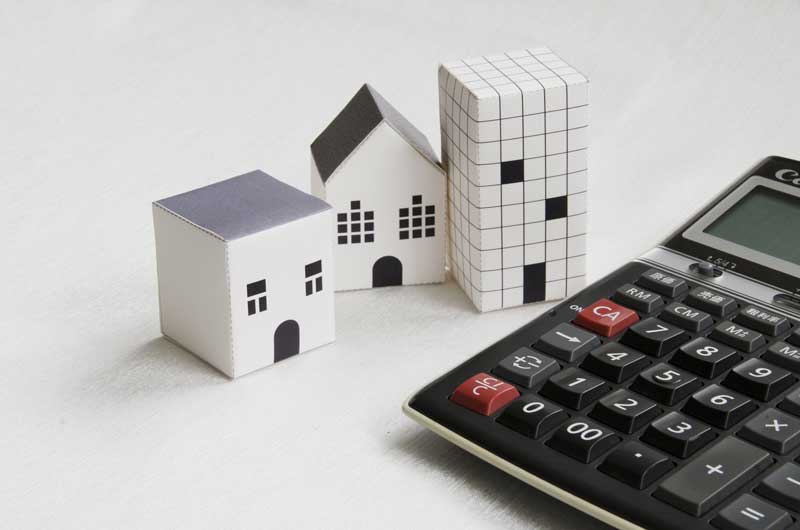14
June 2016
A Third of Landlords set to Pass Tax Changes on to Tenants
Kent Reliance has published research that shows that around a third of private landlords are planning to pass costs incurred through tax changes onto their tenants.
The building society’s latest Buy-to-Let Britain report shows that 40% of the UK’s private landlords intend to increase the price of their rent within the next six months. And of those, three quarters (so 30% of the total) said that the increases would be a direct result of losses incurred due to the various tax changes faced by landlords starting from April 2017, primarily a reduction in tax relief claimable on mortgage interest.
The change is to the level of tax relief that can be claimed on mortgage interest payments by higher rate tax payers by up to 50%.
The average rent rise in the coming year is set to be around £49 per month, which amounts to an increase of around 5.6%.
Landlords’ income will also be affected by the stamp duty changes introduced in April this year.
According to Kent Reliance, around three quarters of UK landlords see government policy intervention as the biggest threat to further investment, as costs of buying new properties continue to grow.
And, Kent Reliance claim, it is tenants, rather than landlords, who are likely to pick up the bill for a large portion of these costs.
Andy Golding, chief executive of Kent Reliance’s owners, OneSavings Bank, said that “is it tenants who are feeling the real brunt” of the government’s latest attacks on private landlords.
“Rents are rising and landlords will increase them further as they pass on the increased costs of running their businesses. Far from supporting tenants, recent intervention will see them bear a heaver financial burden.”
While policy barriers are standing in the way of further investment in new properties, Kent Reliance’s figures show that returns on existing properties are still high.
Over the past year, rental costs grew by an average of 3.5%, now sitting at £872. While this monthly average is slightly below the latest peak reached in September last year, the annual jump, coupled with an increase in the number of tenants actually renting meant that “landlords are collecting 9.2% more rent compare to a year ago.” The total value of rent collected last year reached a record £53 billion, £5.2 billion more than in the year before.
The buy-to-let sector grew in value by more than £155 billion last year, reaching a total of £1.2 trillion. Of this, a sizeable portion was taken up by the rental market in London, which was valued at just over £515 billion for the year.





